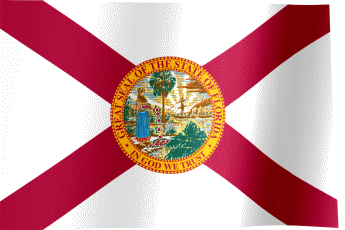A Scriptural Understanding of Property
--- The Apostolic Church Fathers see private property, and therefore wealth and poverty, as a consequence of Original Sin ---
For as long as there has been history there has been private property; for as long as there has been private property there have been wealth and poverty. Natural law theory holds that in pre-history's Golden Age all possessions were held in common and that, in Martin Hengel's words, "the moral downfall of man began with the introduction of private property."[1] Metal working, agriculture, trade, and various crafts destroyed the paradisal condition by introducing "mine" and "thine."
On the other hand, the Christian perspective, amply attested in the writings of the Church Fathers, sees private property, and therefore wealth and poverty, as a consequence of the Fall and not its cause. The distinction is an important one, for perspective dictates the approach with which one solves the problem of wealth and poverty: philosophy sees the solution in the eradication of private property; Christianity in the restoration of communion with God. (Interestingly enough in both instances private property is viewed as an unnatural condition, a condition that provokes philosophy's romantic call for a return to nature and the Fathers' admonitions that possessions are the root of all dissension.) The Christian approach -- the restoration of communion with God -- suggests that what is to be condemned is not property itself but the misuse of property, which makes communion with God impossible.
The possibility, indeed probability, of misusing property means that, for a Christian, property represents, again in Hengel's words, both "a dangerous threat and a supreme obligation."
https://www.svots.edu/content/stewar...-new-testament



 Reply With Quote
Reply With Quote


Bookmarks